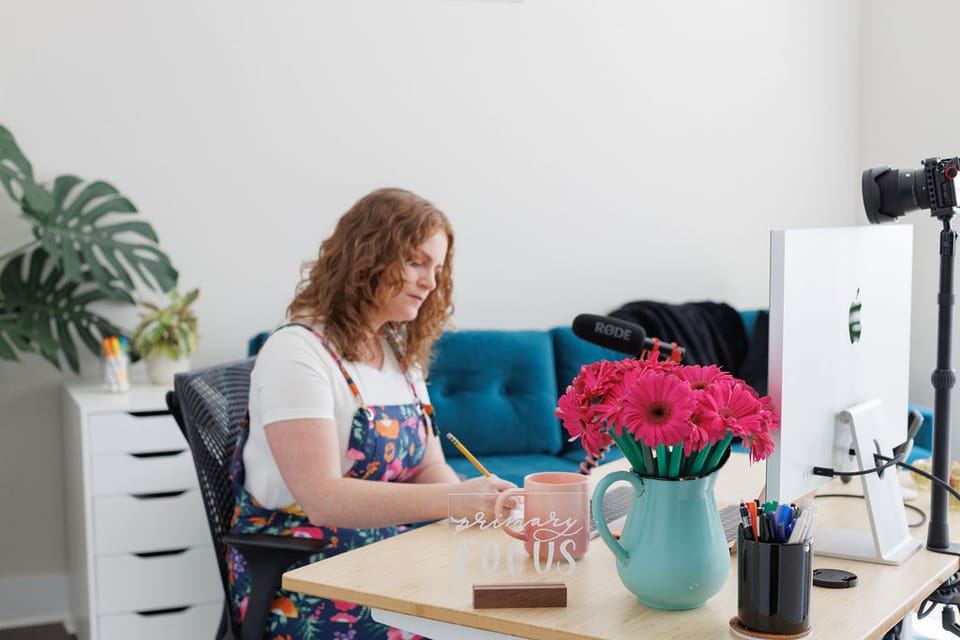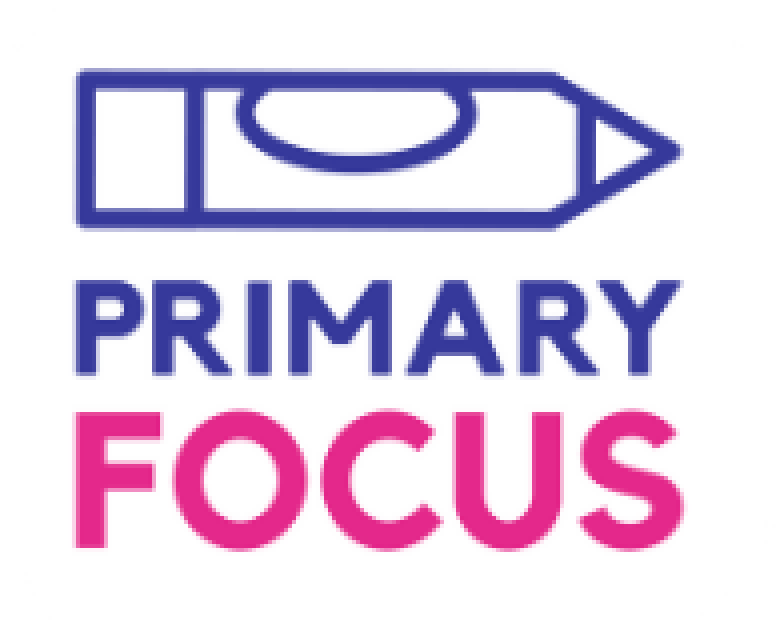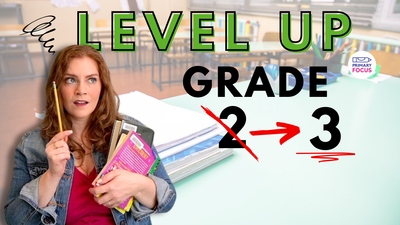
Natalie hosts a livestream answering questions about supporting your child in elementary school, teaching, and her life.
🖍️ Free Download: Parent Teacher Conference Checklist: https://primaryfocus.tv/free-download...
🖍️ Book Recommendation Yardsticks by Chip Wood (affiliate): https://amzn.to/3tAr9l8
🖍️ Newsletter Sign Up: https://newsletter.primaryfocus.tv/
🖍️ Instagram: @PrimaryFocus_ www.instagram.com/primaryfocus_
🖍️ Tip Jar: https://www.buymeacoffee.com/primaryf...
🖍️ Contact to work together: Hello@primaryfocus.tv
There’s a reason I love live Q&A sessions with families: your questions are thoughtful, honest, and rooted in wanting the best for your kids. In this March livestream, I tackled a wide range of rapid-fire questions—from building custom learning plans to how consult calls actually work—and shared practical strategies you can start using right away.
Whether you missed it live or just want the highlights, here’s a full recap of what we covered and why it matters.
What Is a Custom Learning Plan?
Let’s start with the basics. A custom learning plan is something I create for families who want more structure and clarity around how to support their child’s learning at home. It’s not a curriculum, and it’s not a diagnosis—it’s a personalized, practical game plan for where your child is and what they need next.
I build these after doing a one-on-one consult call with you. Based on your child’s current strengths, struggles, and your goals as a parent, I map out what to focus on in the weeks ahead. It’s designed to be realistic and easy to follow—no overwhelm, no fluff.
What Happens During a Consult Call?
One of the most common questions I get is: “What actually happens during a consult call?”
Here’s the answer: we talk. It’s informal and parent-led, and I’m there to help you zoom out and see the big picture.
You can come with a list of questions, or we can walk through your concerns together. I often ask about things like:
- What school feels like for your child right now
- Where you’re seeing frustration, tears, or confusion
- What kind of support you wish you had
Together, we identify the areas where your child needs support—whether that’s phonics, confidence, independence, or emotional regulation—and I offer realistic ideas that make sense for your day-to-day life.
I also share what I’m noticing across lots of families, so you don’t feel like you’re navigating this alone.
Who Are These Services For?
These consults and learning plans are not just for kids who are behind academically. I work with a wide range of families, including:
- Parents of kids who are ahead in some areas but struggling in others
- Kids who are doing “fine” in school, but the parent feels something is off
- Families navigating transitions like kindergarten, a new school, or early testing
- Children who need help with executive functioning, motivation, or emotional regulation
If you’ve ever thought “I don’t know what I should be focusing on with my child”—this is for you.
Rapid-Fire Questions (And Real Answers)
During the livestream, I answered tons of rapid-fire questions from the chat and Instagram. Here are just a few that came up:
❓ How do I know if my child is behind?
Look at patterns, not panic. If a skill (like blending sounds or writing sentences) is consistently hard over time, that’s a signal. Trust your gut and get curious—it’s okay to ask for help even if your child hasn’t “officially” fallen behind.
❓ Should my child be reading fluently by first grade?
Fluency develops at different rates. What’s more important in early first grade is decoding and building stamina. If your child is still sounding out every word, they’re learning! Let’s focus on strategies that support that growth instead of rushing to fluency.
❓ My child won’t write anything at home. What do I do?
Try shared writing (like a family journal—which I talked about in a recent video!). Start small and let your child dictate their ideas while you write them down. Writing doesn’t have to look like paragraphs on lined paper. Celebrate small steps.
❓ Can you help with math, too?
Absolutely. In custom learning plans and consults, I often support families with math fluency, confidence, and number sense. If your child panics when they see a word problem, I can help break it down and recommend strategies that actually stick.
Why I Offer This Support
The school system is full of amazing teachers—but it wasn’t designed to give every family 1:1 support. That’s where I come in. My role isn’t to replace your child’s teacher—it’s to help you become your child’s most confident advocate.
Whether you need a short-term boost or long-term support, I’m here to give you the tools to guide your child with confidence, clarity, and calm.
What Families Are Saying
Throughout the livestream, I shared a few real examples of how these consults have helped:
- One parent used their learning plan to help their child catch up in reading without the tears.
- Another felt validated and relieved to know they weren’t missing something big—their child just needed small shifts.
- One family used their plan to communicate more clearly with the school, turning IEP meetings from scary to strategic.
These aren’t just plans on paper—they’re roadmaps that help you feel less lost and more equipped.
The Primary Focus newsletter shares the clarity, language, and support every parent needs to feel confident - right in your inbox.






